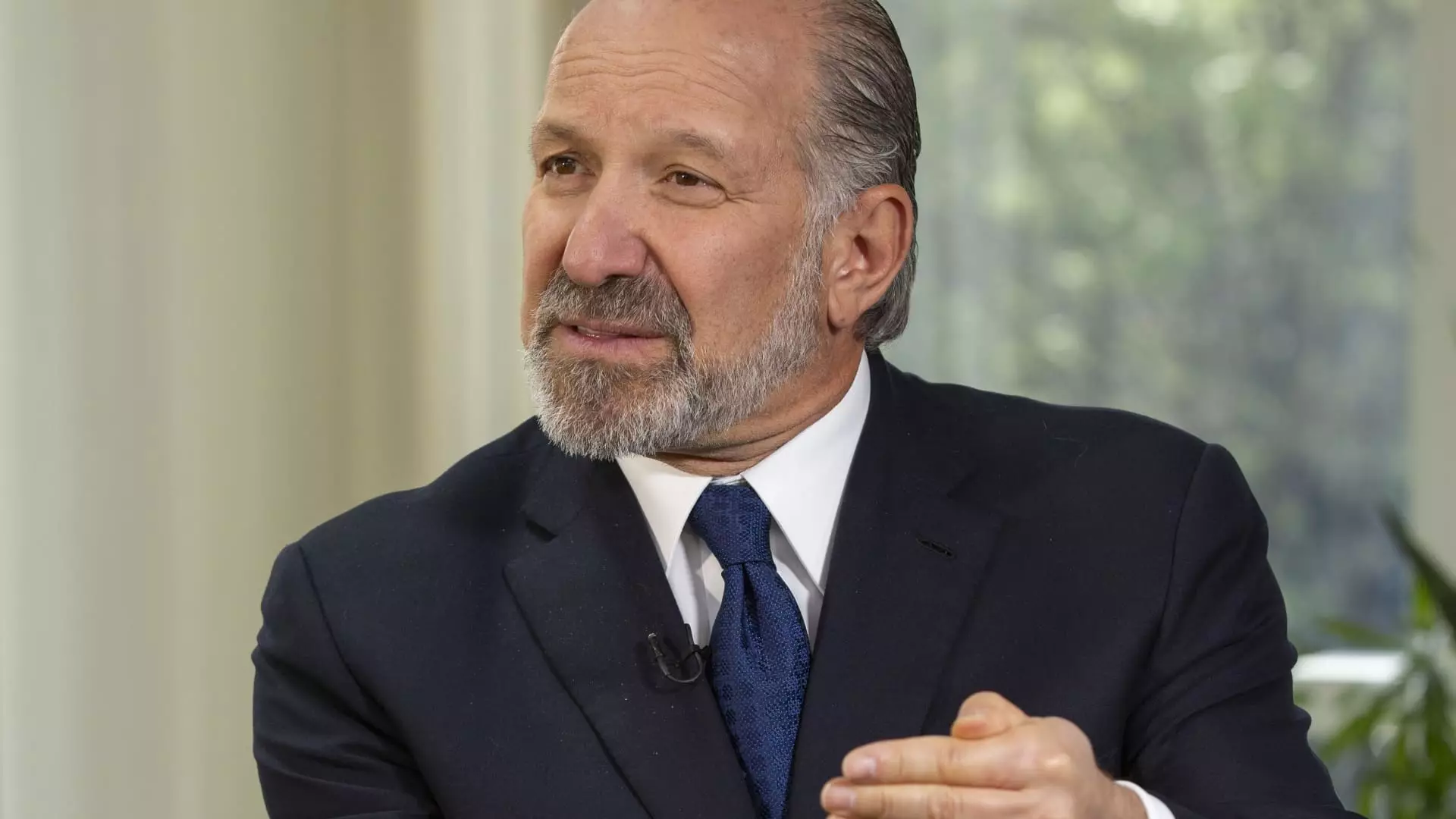The recent push by U.S. officials, led by Commerce Secretary Howard Lutnick, to demand equity stakes in companies receiving CHIP Act funds marks a dramatic departure from traditional grant-based incentives. Instead of simply subsidizing domestic chip manufacturing, the government appears to envision itself as a venture partner—seeking stakes in crucial industries rather than fleeting financial support. This perspective riskily blurs the lines between government aid and corporate ownership, raising fundamental questions about risk, influence, and the future of American innovation policy.
What’s troubling is the underlying assumption that taxpayers should receive a piece of the pie in return. On paper, this might seem pragmatic—investing in strategic assets that could yield long-term national benefits. But in reality, such intervention risks politicizing critical sectors, creating a precedent that government dollars are not just grants but investment opportunities, thereby potentially distorting market dynamics. Companies might prioritize short-term gains or political favoritism over genuine innovation and competitiveness, especially if the government gains influence without voting rights, as Lutnick claims.
The Consequences of Government as (Silent) Shareholder
While Lutnick insists that any equity stakes would be non-voting, this intentionally limited influence doesn’t eliminate the core issue—government involvement remains, and it inevitably affects company decisions. A subtle but dangerous precedent emerges when policymakers treat corporate beneficiaries as quasi-partners, subtly steering strategic directions through financial leverage rather than transparent governance.
This approach could produce unintended consequences, discouraging risk-taking by private firms that might fear future political entanglements. It also risks creating a monopoly-like environment where government-backed companies dominate the supply chain, crowding out truly private innovation. The idea of turning grants into private equity—without any voting rights—may seem a clever workaround, but it underscores a deep philosophical flaw: the misconception that government can stimulate industry growth without fundamentally shaping corporate behavior.
The Political Undertones and Future Implications
Lutnick frames this move within a broader political context, implying that the Trump administration would adopt a more aggressive stance toward strategic investments than the Biden team. In doing so, he reveals an underlying belief that government intervention, when properly aligned, can be a tool for reshaping the industry landscape—shifting from passive subsidy to active participant.
However, this shift threatens to undermine the principles of free enterprise and innovation that are vital for maintaining America’s competitive edge. By pushing for equity stakes in key companies, the government could overextend its reach into strategic industries, creating dependencies and reducing the agility that has historically driven American technological supremacy. This interference, if unchecked, risks escalating into a form of industrial statehood that could erode the very freedoms that allow innovation to flourish.
Furthermore, Lutnick’s comment equating Biden’s free handouts to “giving money away” reflects a disturbing perception—that taxpayer support should be contingent upon ownership stakes. This viewpoint dismisses the importance of fostering a genuinely competitive environment based on merit rather than government-controlled assets. Instead of empowering companies to innovate freely, this strategy risks cultivating a landscape where government influence becomes the de facto decision-maker, stifling the entrepreneurial spirit that once propelled the U.S. to tech leadership.

